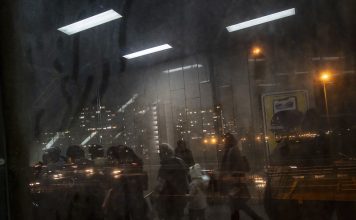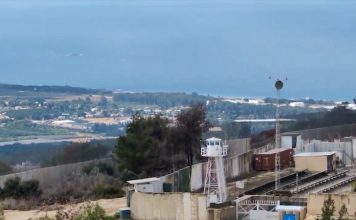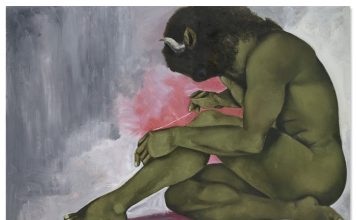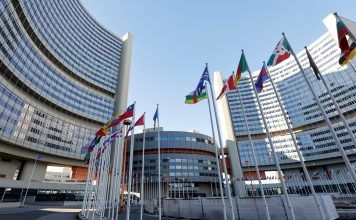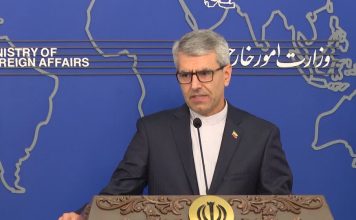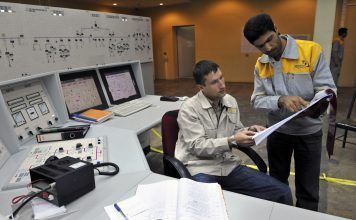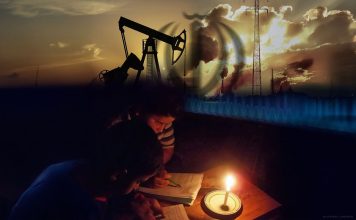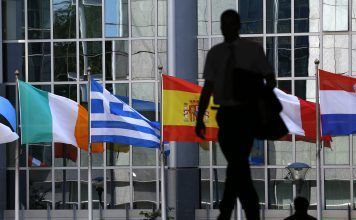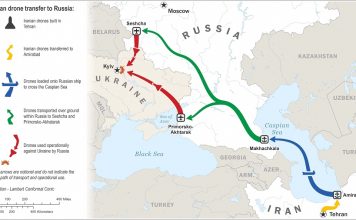By Ahmad Rafat
The BFI London Film Festival, which ran from Oct. 8 to Oct. 20, showcased the work of Iranian directors and actors from Iran and the diaspora, with two movies receiving particular attention: “Seed of the Sacred Fig,” directed by the prominent Iranian filmmaker Mohammad Rasoulof (who recently fled the country illegally to avoid potential rearrest), and “The Apprentice,” by the Iranian-Danish filmmaker Ali Abbasi, which explores the early years of former U.S. President Donald Trump.
At Cannes, Iranian Director Rasoulof Recalls Difficult Exile Decision
Rasoulof’s “Seed of the Sacred Fig” draws inspiration from the ‘Woman, Life, Freedom’ movement and symbolically signals a potential end to the current regime in Iran.
Rasoulof made the film without official approval and defied the work ban imposed on him. He faced severe repercussions, such as an 8-year prison sentence, property confiscation, and corporal punishment. He portrays this crisis in his movie through the lens of family dynamics, and incorporates real-life scenes from the nationwide protests in 2022.
The film’s protagonist, Iman, is a devout and traditional father who is appointed as an investigator for the Revolutionary Court after many years of service in the judiciary. Over the years, his commitment to the regime has led to this professional promotion.
From the outset of the film, during a family celebration at a restaurant for his new role, pressures mount on his teenage daughters, Rezvan and Sana. They face limitations on their social interactions and friendships, which could jeopardize the family’s standing, and have to adhere strictly to obligations such as the mandatory hijab.
In his new position, Iman is tasked with signing the death warrants for detained protesters. Initially, he finds the responsibility challenging, but ultimately comes to terms with it. His wife and daughters, on the other hand, take a different stance. They are witnesses to the regime’s oppressive actions.
One of Rezvan’s friends sustains injuries during the protests at the university and seeks refuge in their home. This leads to severe repercussions for Iman’s household. The ideological divide between Iman and his family deepens, particularly after a firearm belonging to Iman mysteriously disappears.
The gun, representing authority and oppression, becomes a central element of the film. To resolve the situation, Iman brings his family to a colleague for interrogation. The harsh treatment they endure reflects how dissenters are treated by an increasingly desperate government which resorts to violence for fear of losing its grip on power.
The film ends in the crumbling home of Iman’s father, powerfully illustrating the collapse of a governing system that resorts to oppression and crime to maintain its existence.
Rasoulof’s “Seed of the Sacred Fig” is a metaphor for the regime’s downfall. The film recently debuted in European film festivals and was seen by 350,000 moviegoers in France alone within just one week.
Ali Abbasi’s film “The Apprentice” focuses on Trump’s early years. It premiered in American theaters before the November presidential elections, despite opposition from the former president’s legal team.

The movie features Sebastian Stan in the role of Trump, and was in the official competition at this year’s Cannes Film Festival, sparking significant controversy.
The narrative shows Trump’s ascent in New York’s real estate sector, guided by his experienced lawyer, Roy Cohen, played by Jeremy Strong.
Abbasi’s work is rooted in actual events and illustrates the connections that contributed to Trump’s ascent as a business executive and, subsequently, as a significant political figure.
In the opening scenes of the film, Trump is portrayed as an inexperienced professional working in real estate who transforms into a business expert after his encounter with Cohen. (The movie is being released across Europe this month.)
“My Stolen Planet,” a documentary directed by Iranian filmmaker Farahnaz Sharifi, was showcased on the final day of the London festival. The film garnered significant acclaim at the Berlin Film Festival and received the prestigious Golden Alexander Award in the International Competition Section at the 26th Thessaloniki International Documentary Festival (TiDF) in Greece.
Sharifi, who was born just three weeks after Ruhollah Khomeini assumed power as the founder of the Islamic Republic in Iran, tells the poignant stories of Iranian women impacted by the stringent restrictions imposed on their freedoms since the Islamic Revolution of 1979.
The documentary vividly illustrates these women’s daily lives and struggles through a rich collection of archival photographs and videos. In “My Stolen Planet,” Sharifi explores the evolution of events in Iran, beginning with women protesting the compulsory hijab immediately after the Revolution, and leading all the way up to recent events. The film delves into the lives of Iranian citizens inside their homes, providing a glimpse of their personal experiences.
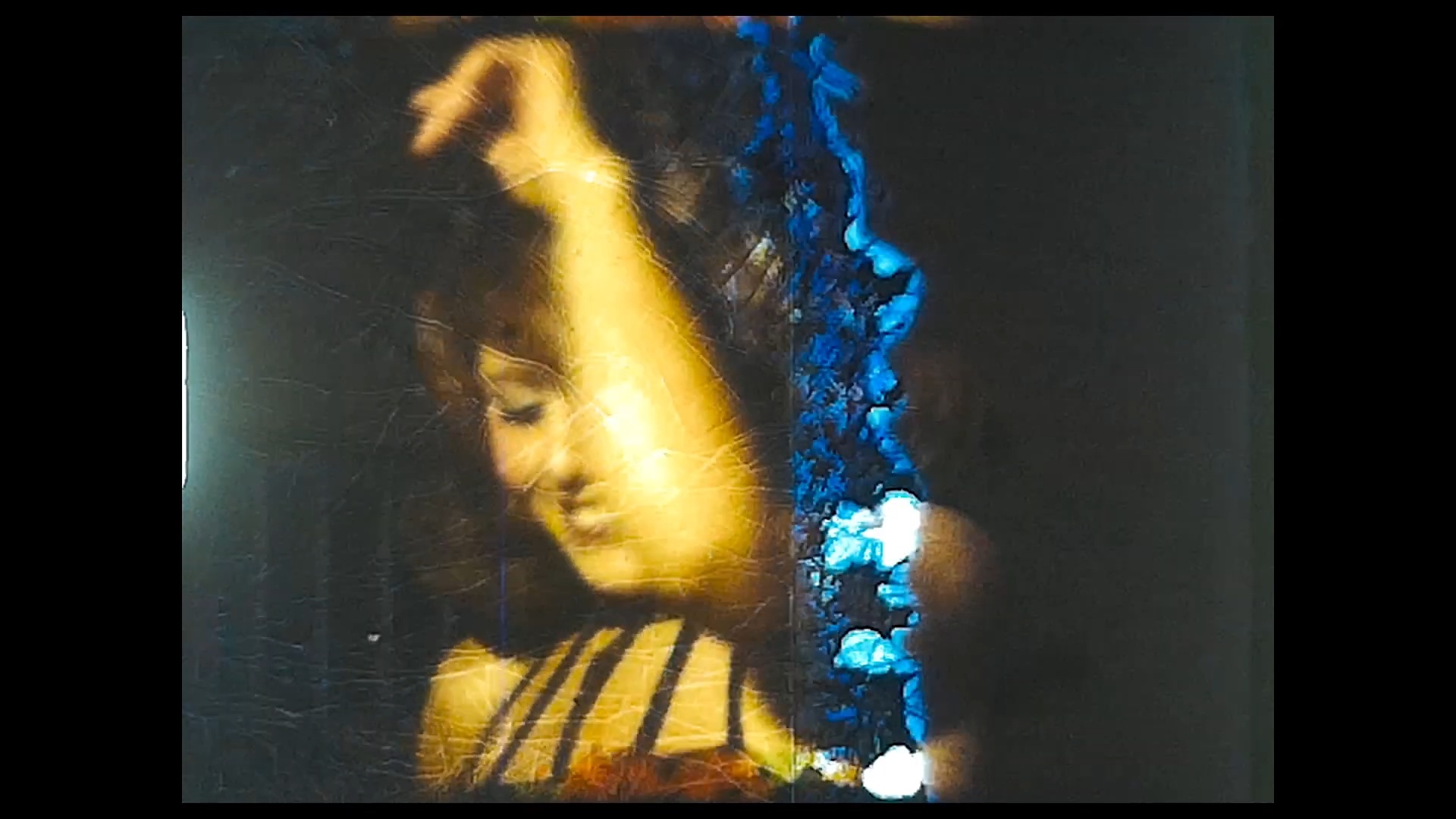
Sharifi underscores the regime’s harsh repression and the grim realities faced during protests. She demonstrates that despite many challenges and adversities, Iranians continue to seize every opportunity to express themselves through dance.
Matthew Rankin’s film “Universal Language” premiered at this year’s Cannes Film Festival during The Directors’ Fortnight, an important unofficial section. It was also featured at the London Film Festival.
In “Universal Language,” Rankin, a Canadian filmmaker who deeply appreciates Iran and the Persian language, creates a representation of “little Iran” in Canada. This artistic endeavor connects his birthplace of Winnipeg to Tehran and Montreal.
The film pays tribute to classic Iranian cinema right from its opening moments.
The early classroom scenes evoke memories of many films produced by Iran’s historic Institute for the Intellectual Development of Children and Young Adults. While this film captures an Iranian ambiance and occasionally mirrors the realistic style typical of Iranian cinema, its narrative is surreal.
Sasha Nathwani, born in London to an Iranian mother and an Indian father, presented the film “Last Swim” at the festival. Deba Hekmat plays the lead role in the film, which is directed by the Indian-Iranian-British filmmaker. Hekmat was born in Sardasht, in the northwestern province of West Azerbaijan, and moved to Britain with her family when she was three.

The film centers on a young girl named Ziba, who is of Iranian-British descent. Despite being a proper Londoner, she takes great pride in her Iranian language and cultural background.
Ziba is ambitious, intelligent, responsible, and practical; however, she also grapples with a sense of romantic nihilism. This may stem from her passion for astronomy or a yearning for happier moments.
Although Ziba stands out as the only member of her close-knit group of friends to excel in her final school examinations, she yearns to spend a summer day with her English friends in the warmth of London while experiencing a rare celestial event.
Unbeknownst to her friends, Ziba is contemplating a drastic decision that she believes will restore control over her life. She finds herself torn between an intense desire to survive and an overwhelming urge to escape the pain and anxiety associated with her health condition.
The film has garnered significant attention from British media and was showcased more than five times at the festival, where it was initially scheduled for only two screenings.
Anna Snowball, a British director, presented a short documentary titled “Iranian Yellow Pages” at the London festival. This film tells the story of Reza, who moved to Britain to live a better life.
Through advertisements in a local Farsi-language newspaper, Reza discovered opportunities to start a business in London, ultimately enabling him to bring his family to the city and achieve success. The documentary is based on actual events.
Maryam Mohajer, who won the esteemed British Academy Film Awards (BAFTA) in 2020 for her animation “My Grandad Was a Romantic,” will also showcase her latest animation, “And Granny Would Dance,” at the London Festival.
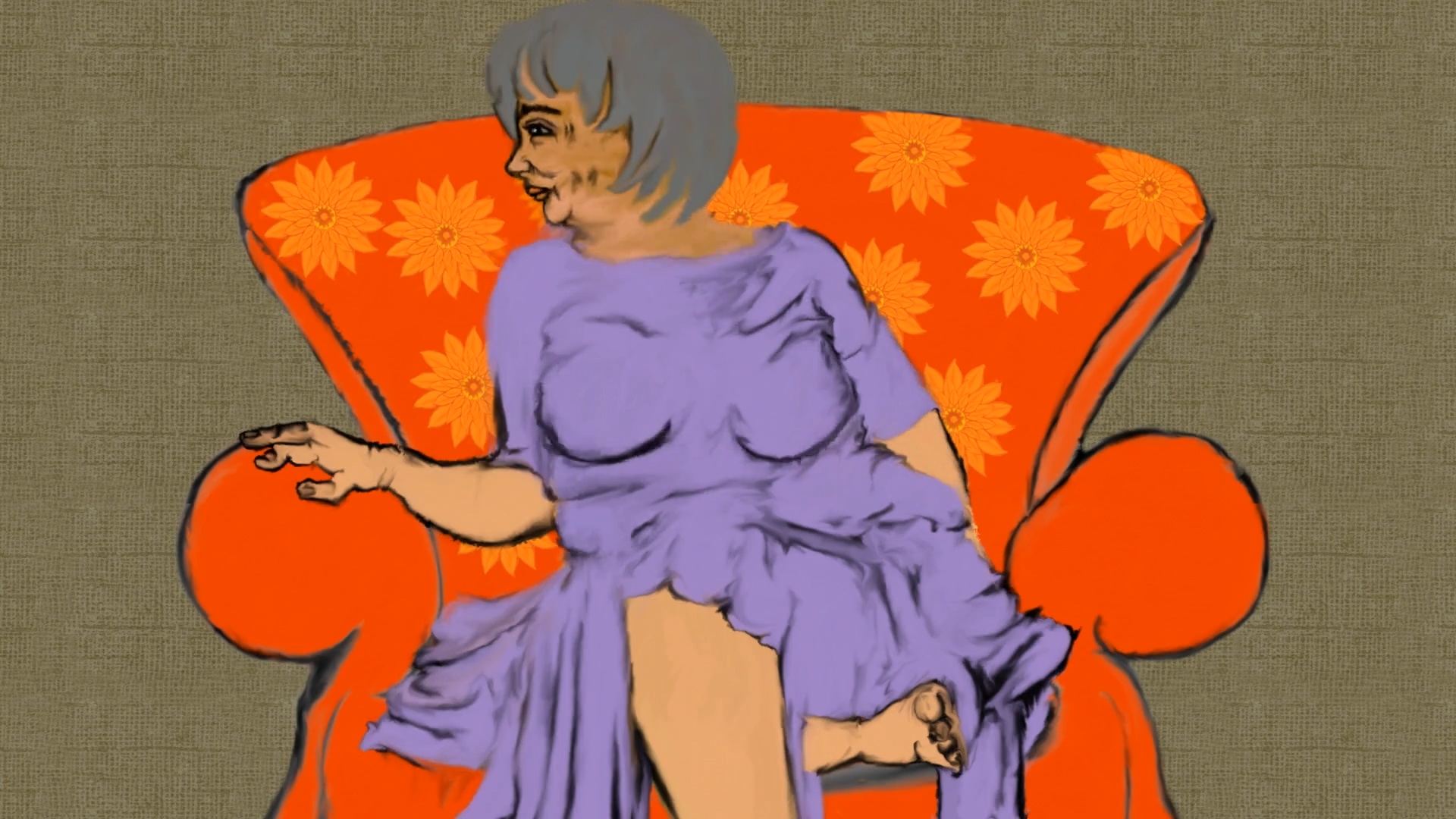
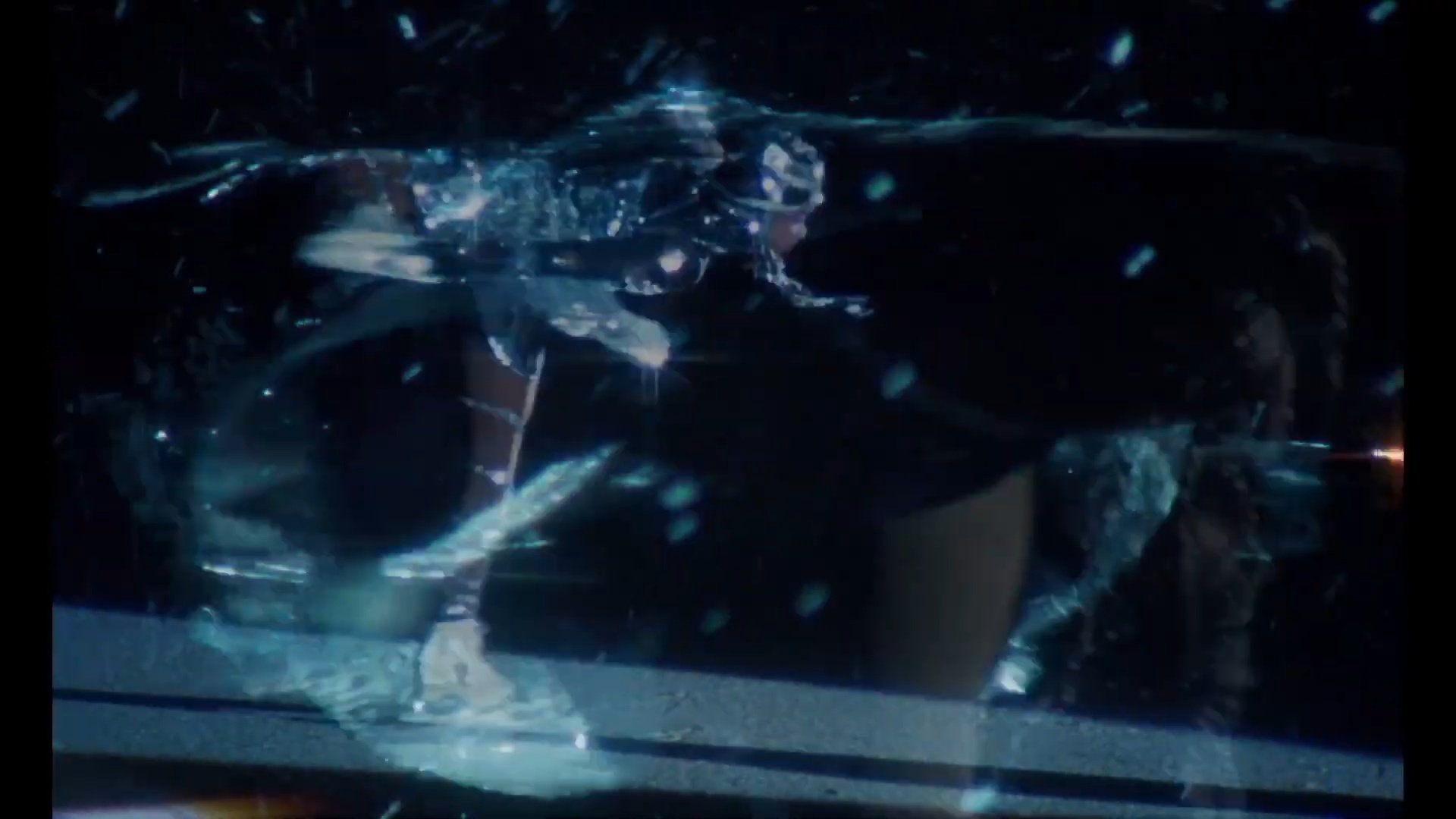
This year, the London Film Festival’s segment that highlights cinematic gems featured “The Sealed Soil,” a film by Marva Nabili (1941-), recognized as one of the pioneering women directors from Iran. This 1977 film was never released in Iran and faced censorship challenges that prevented it from being shown under similar conditions. It stands out as one of the few modernist films from that era, alongside works by notable filmmakers such as Fereydoun Rahnema (1930-1975), Farrokh Ghaffari (1921-2006), Ebrahim Golestan (1922-2023), Arbi Avanessian, and Sohrab Shahid-Saless (1944-1998).

